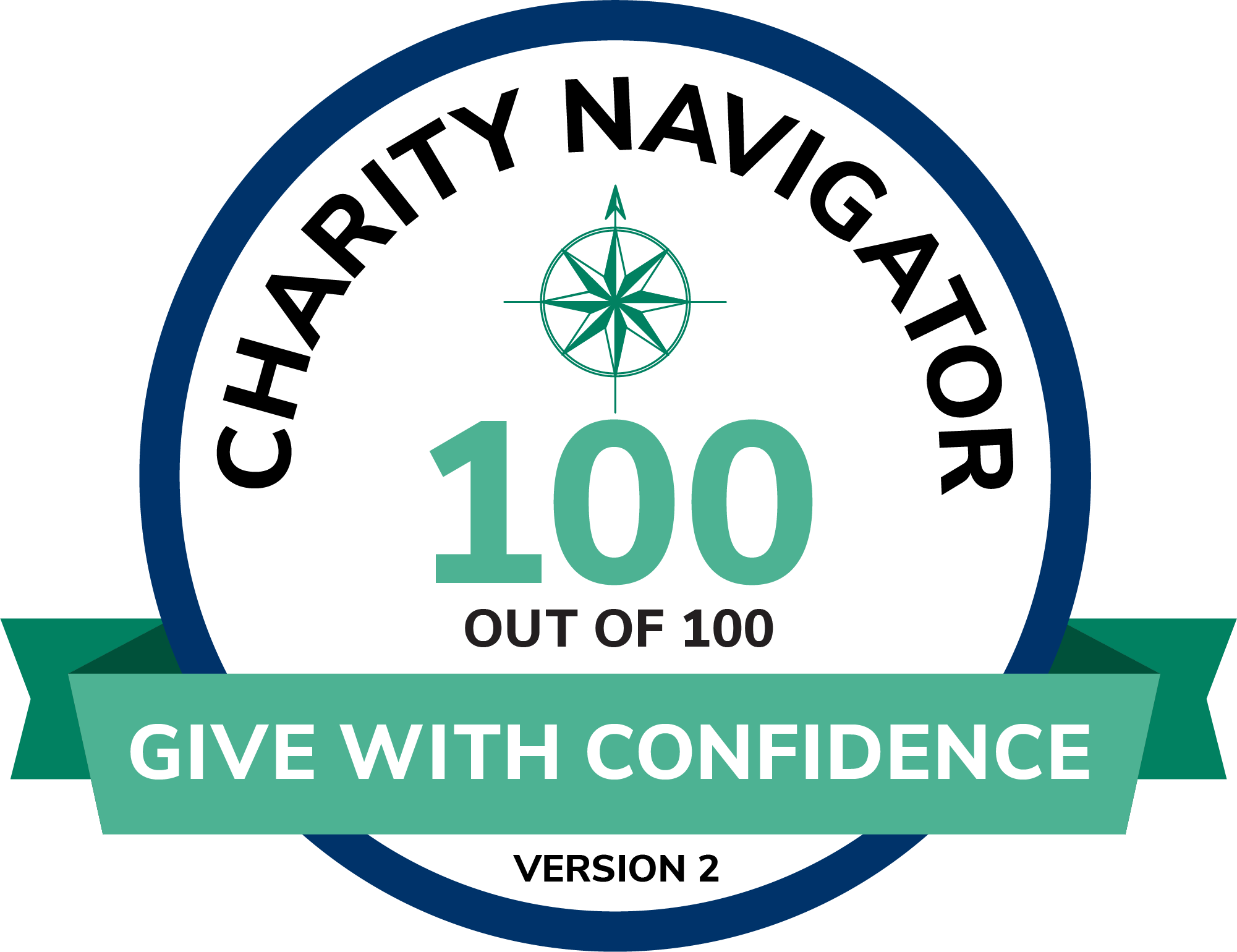Leadership Tips From the 2025 NVFC Training Summit Speakers
July 22, 2025
Reprinted from the 2025 issue of Firefighter Strong
Leadership is the cornerstone of the fire and emergency services. The success of the department hinges on successful leaders. With that in mind, we asked the instructors from the 2025 NVFC Training Summit to provide tips or pieces of advice to current, new, or aspiring fire service leaders. And remember, leadership comes from a variety of places, whether you have a formal position such as chief or officer or take on an informal leadership role among the rank and file.
Dr. Candace Ashby
Summit Course – Leadership From the Bottom Up!
“The world is changed by your example, not your opinion. Can people trust you, are you committed, do you care? How do you show up each day to show people you can be trusted, are committed, and absolutely care? Understand what is in your control – your own attitude, actions, and behavior – and what is not in your control – your supervisor and anyone above him/her and how they lead/manage.”
Rob Brandt
Summit Course – Struggle Well: Thriving in the Aftermath of Trauma
“The best chief I had the opportunity to work for focused entirely on the well-being and value of those he led. He believed that if the members of our department were in a good and healthy place, then we would be successful in all areas. He also understood that humans have three deep needs: to be Seen, Heard, and Valued. He included everyone in developing solutions for the challenges and struggles our agency faced, ensuring everyone shared in the growth and successes of our agency.
Keep it simple – hurt people hurt people, but healthy people help people. Develop trust and connection with those you lead, which takes honesty, being genuine, and a willingness to be vulnerable. Focus on your own wellness first; as St. Augustine said, ‘Fill yourself first, then you can serve others.’”
Walter Campbell
Summit Course – Laughing Your Way to Successful Recruitment & Retention: Lessons from Stand-Up Comedy for Volunteer Fire and EMS Leaders
“David Goggins (retired Navy SEAL) said, ‘The only thing more contagious than a good attitude is a bad one.’ Plain and simple: Leaders set the tone. If you walk into the room with confidence and a positive attitude, your team will follow your lead.”
Daniel Chapek
Summit Course – Unlock the Power of AI: Boost Efficiencies in Recruitment, Retention, and Leadership
“A great leader doesn’t consider themselves a great leader – they’re too focused on lifting up those around them. True leadership is about helping each team member grow in the ways they want to grow, finding success on their own terms. When you lead with humility and a genuine desire to see others thrive, the whole team becomes stronger together.”
Kim Clausing
Summit Course – Diversified Approach to Volunteer Recruitment, Retention, and Development
“As a volunteer and retention coordinator and grants program manager, my top leadership tip is to foster a collaborative environment that aligns individual motivations with organizational goals. Understanding each team member’s unique strengths and aspirations allows you to assign tasks effectively, enhancing engagement and productivity. This approach not only empowers your team but also drives collective success.”
Doug Cline
Summit Course – Understanding Live Fire Training Requirements and NFPA 1403
“My advice is:
- Knowledge is power, but only when you share it.
- You can have a wealth of knowledge, but no one cares how much you know until they know how much you care.
- The future belongs to those who prepare. Now is the time to start building your future by gaining knowledge, developing new skills, gaining diverse experience, and taking advantage of opportunities.”
Dr. Ken Fowler
Summit Course – Leadership in Rural Volunteer Fire Companies: Challenges and Strategies for Fire Chiefs
“Remember, when it comes to recruitment and retention, investment in what you already have is often less expensive than investment in what you hope to get! Employee retention will always be the best recruitment strategy.”
Joe Maruca
Summit Course – NFPA Standards: Friend or Foe? How Small-Town Fire Departments Can Use NFPA Standards to their Advantage
“Understand the difference between management and leadership. Management is about doing tasks correctly – efficiency and process. Leadership is about doing things right – vision, strategy, and purpose. Without leadership, there is no purpose for management and the organization ultimately fails.”
Dr. Candice McDonald
Summit Course – From Rookie to Resilient: Empowering Mentors and Mentees in the Volunteer Fire Service
“A good leader does two things: First, they learn to be quiet and listen to UNDERSTAND. Second, they ensure their actions reflect what is best for all stakeholders (employees, volunteers, community partners, and community members), never just their own interests.”
Tom Merrill
Summit Keynote – Leading from All Levels
“The skills and traits that get you elected or appointed as an officer are not the skills and traits that will make you successful as an officer. And those skills and traits don’t come with the election or appointment either. Leaders are readers, and successful leaders work hard every single day to inspire, motivate, and understand their people. There are no bad teams, only bad leaders.”
Tom Miller
Summit Course – Training on a Budget: How to Maximize Resources and Impact
“Train to be the firefighter that you would want to come to your emergency. Lead with purpose and passion – take ownership of the job. Success is not yours, it belongs to the team.”
Wendy Norris
Summit Course – Going Deeper: Exploring Grief and Loss in the Fire Service
“I have learned that some of the most important attributes of an excellent leader are someone who leads with integrity (admits their mistakes and works to fix those mistakes), dignity (recognizes the human aspects of those they lead), and empathy (individuals relate to and trust their leaders more when they know that they are genuinely cared for). The mark of outstanding leadership isn’t about authority – it’s about inspiring and empowering others to reach their full potential.”
Jared Renshaw
Summit Course – A Chief Officer’s Roadmap for Navigating Local Politics
“Fire department leadership should focus on building strong relationships with their local elected officials by emphasizing the critical role that the fire and emergency services play in the local community. It is essential to communicate data-driven facts and real-life examples to demonstrate the impact of policies and funding decisions. Additionally, maintaining professionalism and a collaborative approach will foster trust and create opportunities for mutually beneficial solutions.”
Pam Rogers
Summit Course – The Volunteer Assembly Line: Onboarding Your New Firefighters & EMTs
“One of my favorite quotes regarding leading volunteers is by Jim Goodnight: ‘If you treat your employees like they make a difference, they will.’ Simple acts of gratitude for volunteer first responders don’t take much time or a big, fancy budget.”
Tiger Schmittendorf
Summit Course – Wake-Up Call: If You’re Not Focused on Volunteer Retention & Recruitment What are You Focused on?
“You don’t need to be an officer to be a leader, but you do need to remember that it’s never about us. It’s about:
– Those we serve: our neighbors and our community;
– Those we serve with: our fellow firefighters and first responders;
– Those who allow us to serve: our predecessors, those who lead us, and most importantly, our families.”
Dave Snyder
Summit Course – Beyond the Sirens: Training Our Teams for Safer Response
“Aspiring leaders, take the time to listen to new ideas from members who come to you with their thoughts. I encourage you to lead the way by having yourself and fellow members within your department attend trainings outside of the little bubble your agency is used to. The benefits are overwhelming and will promote camaraderie with others to help us see different perspectives. This process can bring fresh air into some stale operations and allow us to think outside of the box and potentially solve some of our own challenges.”
Want to attend the 2026 Training Summit to learn from a cadre of nationally-known instructors and subject matter experts? Sign up here to stay informed as registration, agenda, and stipend information is released.



